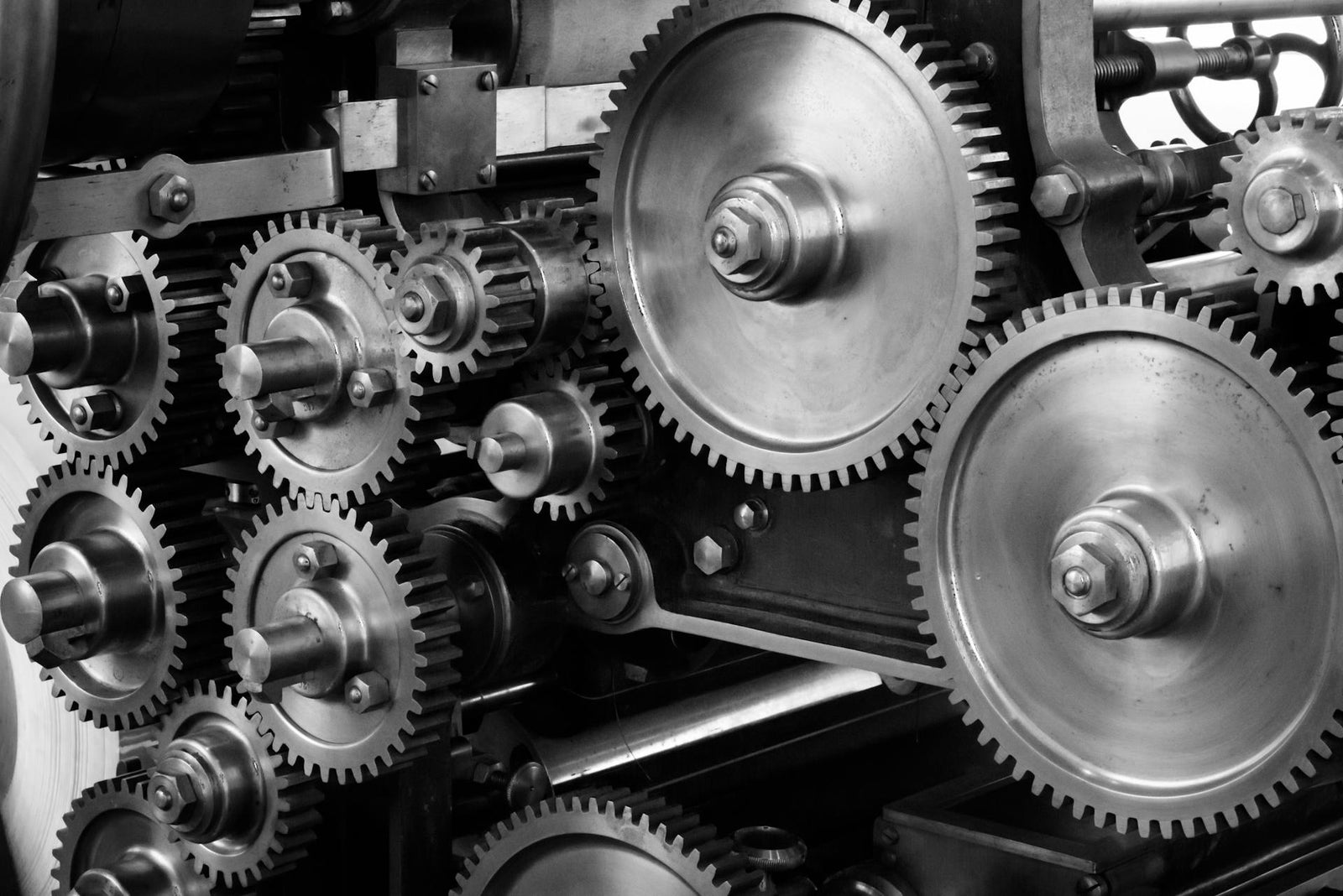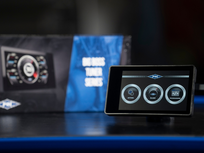Diesel engines are the powerhouse behind many trucks on the road today. They are prized for their durability and fuel efficiency, ensuring optimal performance and a dependable driving experience. However, maintaining your truck involves keeping a close eye on certain components that are crucial to their performance and longevity.
One such component is the diesel particulate filter (DPF). These ensure engines on the road meet the regulations for emissions standards, so many drivers and operators may be concerned about cleaning the trapped diesel particulate matter in the filter. To better understand your vehicle’s DPF, let us explore what a DPF is, how it affects your performance, and what you should know about DPF filter cleaning.
What Is a DPF and How Does It Work?
A diesel particulate filter (DPF) is integral to modern diesel engines. It captures and stores exhaust soot, a byproduct of diesel combustion, in your vehicle. This process ultimately reduces emissions to meet emission standards established by the U.S. Environmental Protection Agency.
The DPF filters exhaust gases and traps particulate matter, primarily soot, in a porous ceramic or metal mesh structure. As exhaust gases flow through the DPF, the porous walls of the filter trap soot particles while allowing cleaner gases to pass through. This process effectively reduces the amount of particulate matter emitted from the exhaust.
How Do DPFs Get Cleaned?
Over time, the trapped soot accumulates, and the DPF must be cleaned to maintain efficiency. This cleaning process is known as regeneration and occurs in three main ways:
- Passive Regeneration: This occurs when the exhaust temperature is high enough to burn off the soot automatically, typically during highway driving.
- Active Regeneration: This is initiated by the engine control unit (ECU) when the filter is getting full. It injects additional fuel and increases the exhaust temperature to burn off the soot.
- Manual Regeneration: In some cases, especially for trucks driven in stop-and-go traffic, manual intervention is needed to clean the DPF. A technician uses specialized equipment to force the DPF to regenerate.
How Your DPF Affects Your Diesel Truck
Your truck’s DPF is essential for reducing harmful emissions and ensuring compliance with applicable emission regulations. However, it can also impact your truck’s performance if not maintained properly:
Signs Your Diesel Truck Needs DPF Filter Cleaning
Recognizing the signs that your DPF needs cleaning can save you from more serious and costly repairs down the line. Here are some common indicators:
- Warning Lights: Most modern diesel trucks have a DPF warning light that illuminates when an issue needs attention.
- Reduced Engine Performance: If you notice a drop in power, acceleration, or overall engine performance, it could be due to a clogged DPF.
- Increased Fuel Consumption: A sudden increase in fuel consumption often indicates that your engine is working harder than it should be due to a blocked DPF.
- Frequent Regeneration Cycles: If your truck is going into regeneration mode more frequently, it may indicate that the DPF is not being adequately cleaned.
- Unusual Exhaust Smell: A strong, unusual exhaust smell can be an indication that the DPF is not properly filtering the soot.
When Should You Schedule Cleaning?
The timing for scheduling a DPF cleaning can depend on several factors, including your driving habits, your truck's age, and the fuel you use. However, as a general rule of thumb, it’s best to have a professional diesel truck repair shop inspect and recommend a schedule based on these factors:
- Mileage: Most recommend cleaning the DPF every 100,000 miles, but this can vary based on the manufacturer’s guidelines.
- Usage: If you frequently drive in city traffic with a lot of stop-and-go, your DPF will likely need cleaning more often than on the highway.
- Condition: Pay attention to the signs mentioned above. If your truck shows any indicators of a clogged DPF, it’s time to schedule a cleaning regardless of the mileage.
Should You Clean or Replace Your DPF?
When dealing with DPF issues, you might wonder whether to clean or replace the filter. Here are some factors to consider:
- Cleaning: This is often the most cost-effective option, as professional DPF cleaning can restore the filter’s efficiency. Regular cleaning extends the lifespan of the DPF and maintains engine performance.
- Replacement: Sometimes, the DPF can be damaged beyond cleaning, especially if it’s been neglected for too long. In such cases, replacement is necessary. Although more expensive, a new DPF ensures optimal performance and compliance with emission standards.
Big Shop Diesel Service: The Experts That Get Your Truck Back on the Road
Maintaining your diesel truck’s DPF ensures its overall performance and compliance. Recognizing the signs of a clogged DPF and scheduling regular cleanings can save you from costly repairs and extend the life of your engine.
When it comes to diesel trucks, Big Shop Diesel Services is the trusted premier truck shop in Texas. If you’re experiencing any issues with your DPF or want to ensure your diesel truck is in top shape, we offer quality repair and maintenance services at competitive rates. Contact us today for an in-shop appointment and get your truck in its best condition and back on the road immediately.



